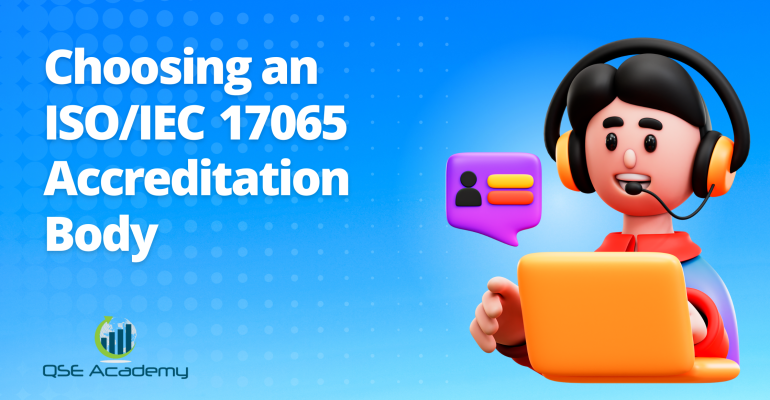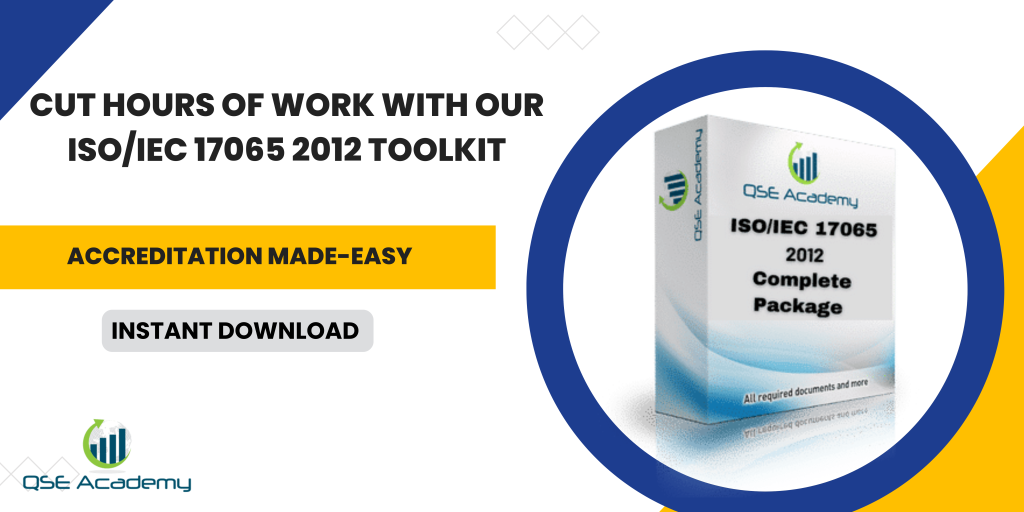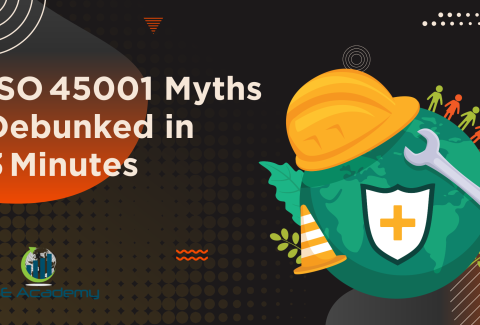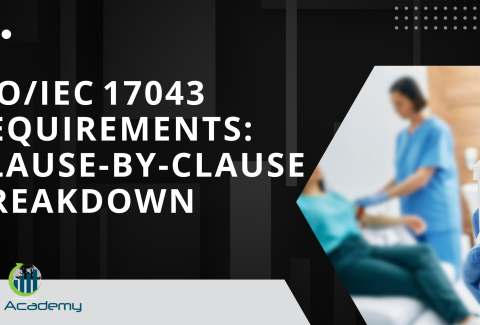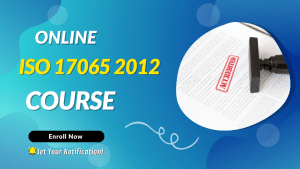Choosing an ISO/IEC 17065 Accreditation Body
Last Updated on December 23, 2025 by Hafsa J.
Evaluating Accreditation-Body Competence — Technical Expertise and Scheme Alignment
The first thing you need to look at is technical competence. Not surface-level competence, but the specific experience that matches your scheme and product category. Over the years, I’ve seen teams choose an accreditation body because of brand reputation, only to discover the assessors assigned didn’t have the right technical background. That leads to unnecessary findings, longer discussions, and more corrective actions.
Ask for assessor CVs before anything is finalized. A qualified assessor understands your technical risks, your evaluation steps, and your scheme logic. They can assess you accurately without creating confusion or adding work that doesn’t align with the standard.
A common mistake is assuming any ILAC signatory is automatically a good fit. ILAC recognition matters, but it doesn’t guarantee alignment with your specific technical scope. Always confirm the assessor profile early.
Market Recognition and Trust — Why Reputation Matters More Than Cost
Accreditation is more than compliance. It’s about market confidence. Your clients, regulators, and industry partners need to recognize and trust the accreditation body behind your certificate. If they don’t, you will spend more time explaining your accreditation than performing evaluations.
I’ve supported certification bodies that lost opportunities because their accreditation wasn’t recognized by a particular regulator or industry group. Market recognition protects your credibility. A well-recognized accreditation body makes your certificates easier to accept and faster to gain traction.
Choose an accreditation body recognized in the regions where your clients operate or plan to expand. This strengthens your position and avoids uncomfortable conversations about acceptance later.
 Turnaround Time and Workload Management — How Long the Process Will Really Take
Turnaround Time and Workload Management — How Long the Process Will Really Take
Timeline matters. I’ve seen teams plan perfectly and still face delays because their accreditation body lacked assessor availability. Some accreditation bodies have senior technical experts who are in high demand. Others have longer internal queues for document review or decision-making.
Before you sign, ask for estimated timelines. Not generic commitments, but practical scheduling windows for document review, onsite assessments, and witness audits.
One team I worked with waited nearly three months for a qualified assessor because they didn’t ask about availability early. Their project stalled before it even started.
Confirm the expected scheduling dates before you formally engage. It keeps you aligned and avoids surprises.
Accreditation-Body Pricing — Understanding Rates, Transparency, and Hidden Costs
Pricing varies widely between accreditation bodies. You will see different man-day rates, different travel policies, and different rules for specialist assessors. Some accreditation bodies look affordable at first glance but add charges for document re-reviews, additional witnessing, or extended assessment time.
Always request a detailed breakdown. You need to see the logic behind the man-day numbers. A quotation that only shows a total amount doesn’t help you understand cost drivers or identify potential hidden fees.
One mistake I see often is choosing the cheapest option. It works in the short term, but it usually leads to longer lead times, less specialized assessors, and weaker market recognition. Cheap accreditation often becomes expensive when delays and re-witnessing accumulate.
Communication and Support — How Well the Accreditation Body Works With You
Communication sets the tone for the entire relationship. If the accreditation body sends vague replies or inconsistent instructions during the pre-application stage, expect the same during the audit. Accreditation is detailed work. You need clear guidance, structured feedback, and timely responses.
Ask how the accreditation body handles corrective actions. Do they provide clear explanations? Do they expect detailed evidence? How do they structure findings?
When communication is strong, the process runs smoother and you stay confident at every stage. When communication is weak, simple issues become major obstacles.
Risk Factors and Red Flags — Warning Signs You Shouldn’t Ignore
Not all accreditation bodies operate at the same level. There are warning signs you need to pay attention to:
- inconsistent feedback
- unclear assessor competence
- frequent assessor changes
- vague or delayed responses
- overpromises about timelines
- lack of recognition in your target market
If any of these appear early, take a step back. Accreditation is too important to be handled by a partner who creates more uncertainty than support.
Choosing based solely on price or proximity is another mistake. Technical alignment and market recognition should be your priority.
Look for stability, transparency, and documented processes. Accreditation bodies that have matured systems tend to deliver predictable outcomes.
Frequently Asked Questions
Should I choose a local or international accreditation body?
Both options can work, depending on your target market. Local ABs may offer faster response times and lower travel costs. International ABs may provide stronger market recognition. Match the AB to your clients’ geographic expectations.
Is cost a good indicator of accreditation quality?
Not always. Low cost often comes with limited recognition or slower timelines. High cost doesn’t always guarantee competence. Evaluate based on technical alignment, recognition, and communication quality.
What’s the biggest mistake organizations make when selecting an accreditation body?
Choosing based on price instead of alignment. Competence and recognition matter more than saving a few dollars upfront.
Conclusion: Choosing the Right Accreditation Body Starts With Strategy
Selecting the right ISO/IEC 17065 accreditation body is a strategic decision. You need competence, recognition, transparency, realistic timelines, and strong communication. When you evaluate these factors properly, you reduce risk, speed up your accreditation path, and build long-term credibility with your clients.
I’ve supported many certification bodies through this decision-making process. The successful ones approached it with clarity. They checked assessor competence, verified recognition, and aligned expectations early. If you want help comparing accreditation bodies or need a structured evaluation checklist tailored to your specific scope, I can guide you through the process step by step.
I hold a Master’s degree in Quality Management, and I’ve built my career specializing in the ISO/IEC 17000 series standards, including ISO/IEC 17025, ISO 15189, ISO/IEC 17020, and ISO/IEC 17065. My background includes hands-on experience in accreditation preparation, documentation development, and internal auditing for laboratories and certification bodies. I’ve worked closely with teams in testing, calibration, inspection, and medical laboratories, helping them achieve and maintain compliance with international accreditation requirements. I’ve also received professional training in internal audits for ISO/IEC 17025 and ISO 15189, with practical involvement in managing nonconformities, improving quality systems, and aligning operations with standard requirements. At QSE Academy, I contribute technical content that turns complex accreditation standards into practical, step-by-step guidance for labs and assessors around the world. I’m passionate about supporting quality-driven organizations and making the path to accreditation clear, structured, and achievable.

